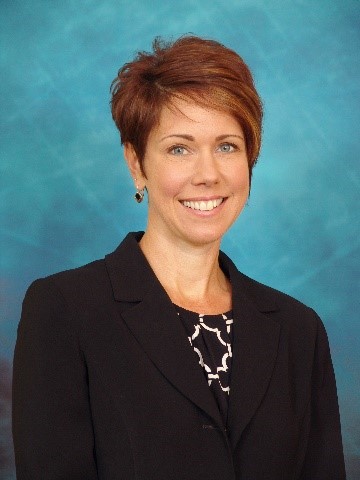Amid a deepening deficit, the State Water Resources Control Board is proposing to expand its size using a 40% fee increase on water project fees. The expansion would enable the agency to take on federal duties vacated after the U.S. Supreme Court’s Sackett decision last year limited the reach of the Clean Water Act.
The additional layer of state bureaucracy could delay levee repair and housing projects by several months and create a chilling effect for restoration projects.
“The hole that decision has left is already with us,” Board Chair Joaquin Esquivel warned lawmakers during a budget subcommittee hearing last week. “This is a conservative request based off of just what we know the federal government was doing around wetlands delineation.”
He later added that the court’s ruling “flies in the face of science and pulls us back.”
The board is proposing a $7 million revenue increase to fund 38 new positions and to increase employee benefits to align with a dramatic spike in inflation last year. It reasoned that the proposal reflects a modest increase. Out of an average of 1,500 project applications each year, 65% will convert to state jurisdiction. Yet the budget proposal accounts for just a 25% increase.
 Karen Mogus, state water board
Karen Mogus, state water board“We're already seeing impacts in terms of applicants citing the Sackett decision as a reason not to apply for permits for projects that are going to impact waters,” said Karen Mogus, deputy director of the board’s Division of Water Quality. “That makes it all the more important for us to have the boots on the ground—doing inspections, doing the policing of our watersheds—so that we can identify where these projects are happening and protect the waters.”
It’s easy to be “in the know” about what’s happening in Washington, D.C. Sign up for a FREE month of Agri-Pulse news! Simply click here.
Environmental and sportfishing groups applauded the proposal. But water interests raised red flags over a rapid and sudden growth in compliance costs and pleaded for a more gradual approach. The Legislative Analyst’s Office agreed with the administration’s proposal but said lawmakers could scale it back by approving just the first half of the two-year funding and require the board to report back to the Legislature next year before allocating the rest.
That approach gained the endorsement of Bob Gore, a senior advisor at the Gualco Group representing the California Association of Winegrape Growers, along with the Kings River Water Association, Modesto Irrigation District and Kern County Water Agency.
“The ratepayers shouldn't carry the full boat,” said Gore, who called for taxpayer dollars to cover at least a portion of the cost.
Esquivel shot down the idea.
“If we delay any resources coming to us, it starts to push us even further out from being able to respond to what is already an immediate impact from this incredibly regrettable Supreme Court decision,” he said. The Supreme Court ruling restricts the federal government's jurisdiction over wetlands considered “adjacent” to navigable waters, the primary focus of the Clean Water Act.
Staff hosted a workshop the following day on the proposed fee increases for all regulatory programs and took feedback from stakeholders.
Noelle Cremers, who directs regulatory affairs at the Wine Institute, noted that wineries occasionally apply for the water project certifications to cover voluntary efforts to restore habitat.
“If you're asking people to pay a significant increase to do a restoration project, they may choose not to do it,” warned Cremers. “How do we make sure we're not creating disincentives to do these restoration projects that the whole state will benefit from?”
Staff noted that the board has traditionally reduced the fees for those projects but has not yet made a determination for the coming fiscal year.
The agency is still assessing the full impacts of the Sackett decision for California and is at an early stage with aligning its budget to fill the federal regulatory gap. Adding to the challenge, the administration’s state budget proposal is likely to dramatically change in May, once April tax revenues are in and the full scope of the deficit takes shape. The board could revise its proposal at that point as well.
Board staff plan to follow up with another stakeholder meeting in June with a revised fee estimate.
For more news, go to Agri-Pulse.com.


